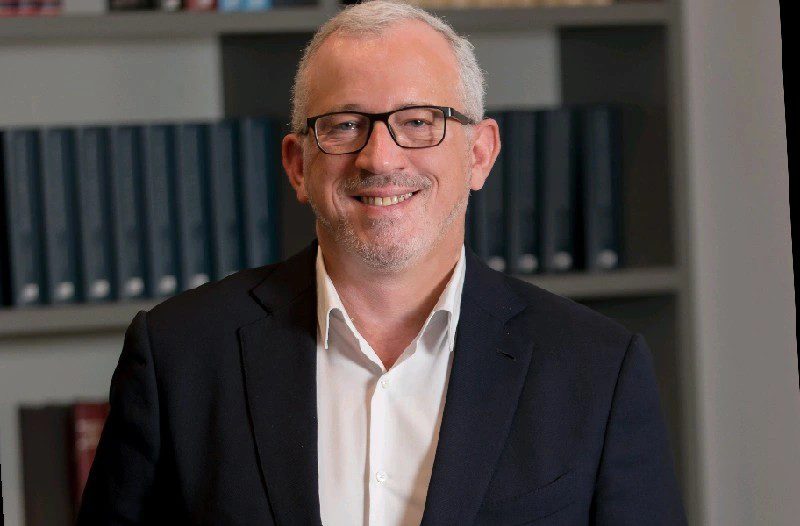The word ‘cognitive’ refers to mental processes; what you are thinking and what you believe. ‘Behaviour’ refers to what you do; how you act in relationships and other situations. So, what’s the link between cognitive behaviour, coaching and work?
You might have heard the saying ‘You are what you eat’, but we can adapt this to ‘You are what you think’. In studying cognitive behaviour and how we can apply this to coaching individuals and teams at work, we focus on a number of fundamental principles:
- The way we think determines how we feel, act and behave.
- How we think about what is happening around us is more important than what is actually happening around us.
- So, if it’s the thinking that matters, we need to first address how we are thinking about a situation, and not the situation itself.
- This is not positive thinking, but a thinking style that effectively tackles the voice in your head.
In coaching, one comes across various individual personalities, styles and capabilities. Yet, one thing that is common is that at times, we all go through instances of unhelpful thinking – some more than others.
The beauty of coaching and where it differs from training is that coaching does not present itself with a one-glove-fits-all approach. On the other hand, it addresses the various individual needs of the business leader, manager or employee, which in coaching terms is referred to as the coachee. Through conversation, a coach can help the coachee challenge and reframe any styles of unhelpful thinking that might be hindering what could be an effective way forward.
After all, coaching is present and future based, with a solution-focused approach, and the reality is that as humans, we tend to create problems from problems. A coach brings no judgment and steers away from the natural instinct to fix things but holds up the mirror to support self-reflection, and the way we think is a great place to start.
Onboard Yourself: 6 steps to integrating well at your new job
How to overcome poor onboarding at your new job, while proving yourself an asset from the get go.
When six months isn’t enough: How to make your emergency fund last through unexpected health crises
A Devastated COO writes to money coach Luca Caruana for advice on how to prioritise their spending after a troubling ...
Supercharge Tomorrow Summit with AWS and Futureworld
At the heart of the Supercharge Tomorrow Summit is a paradigm shift in how businesses envision and plan for the ...
New book by Malta-based Maria Loumpourdi unveils a blueprint for developing leaders from within
One of the book’s key takeaways is that effective leadership development goes beyond simply offering training sessions and workshops.









